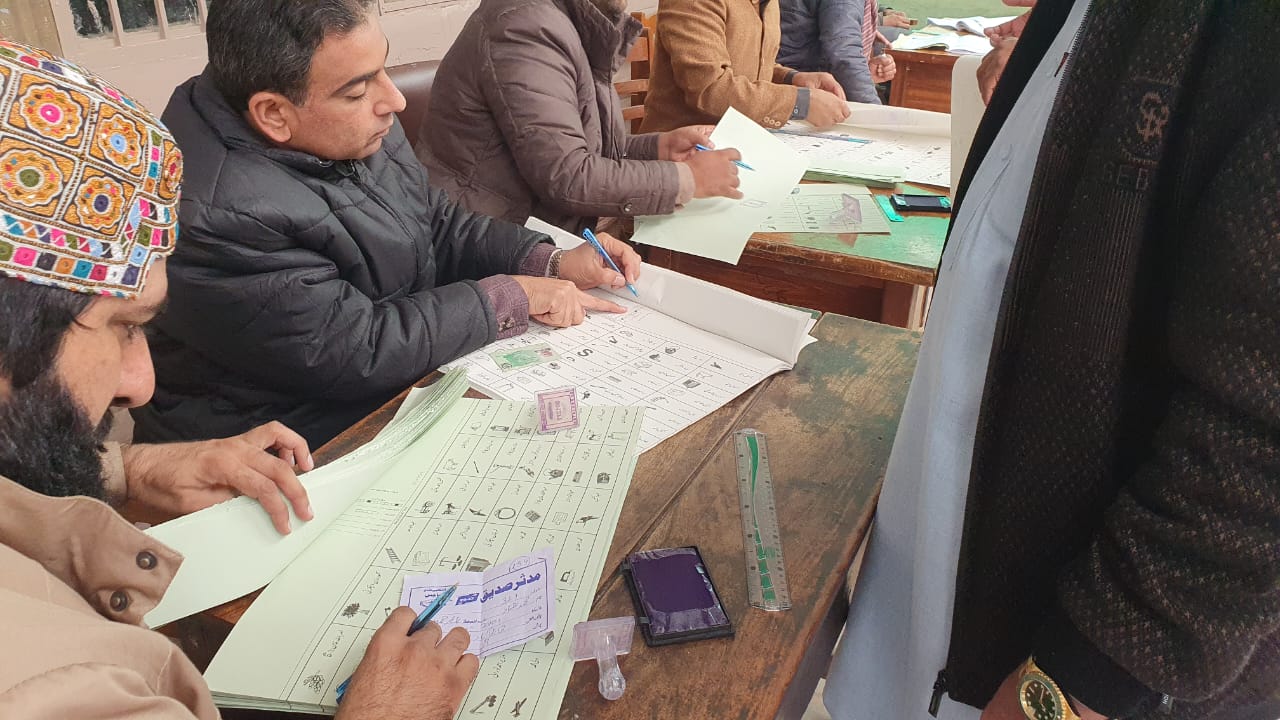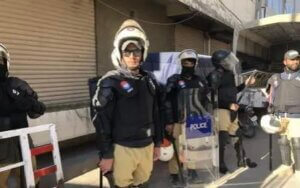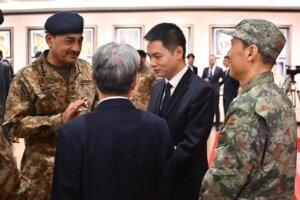News Desk:
As the nation eagerly awaited the outcome of the elections, connectivity woes cast a shadow over the democratic process. Similar to other regions of the country, Balochistan faced significant challenges due to connectivity issues, hampering the voting process across rural areas.
In the bustling city of Quetta, where connectivity was relatively stable, voters turned out in significant numbers, displaying their enthusiasm and commitment to shaping the future of their province. However, the situation took a stark turn in rural Balochistan, where poor connectivity led to a dismal voter turnout.
Despite efforts to ensure a smooth electoral process, many remote villages struggled with inadequate infrastructure, hindering citizens from exercising their fundamental right to vote. Reports emerged of polling stations grappling with communication breakdowns and logistical challenges, exacerbating the disparity in voter participation between urban and rural areas.
Observers expressed concerns over the implications of such discrepancies, emphasizing the need for equitable access to the electoral process for all citizens, regardless of their geographical location. Calls for improved infrastructure and technology to address connectivity issues echoed across the province, underscoring the importance of inclusive democracy in Balochistan.
As the nation reflects on the outcome of the elections, the disparities in voter turnout serve as a poignant reminder of the enduring challenges facing democracy in Pakistan’s largest province.






